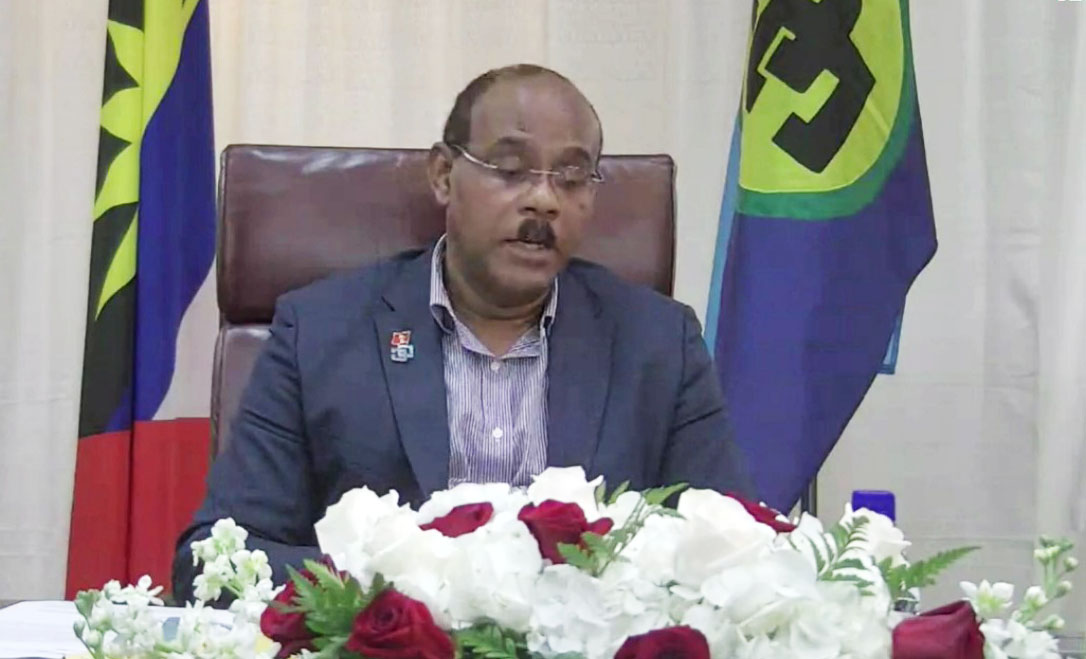Few if any issues symbolise the failure of the integrationist intent of the Caribbean Community (CARICOM) than its failure, over more than three decades, to realise the implementation of its hoped-for Single Market and Economy (CSME), and at the end of yet another meeting of CARICOM Heads… a virtual one, this time around, in the light of the still rampaging coronavirus, the regional movement’s new Chairman, Antigua’s Prime Minister Gaston Browne said that regional Heads have agreed to have yet another tilt at the elusive goal.
It is not unlikely that the announcement may have taken the citizenry of member countries completely by surprise, with so little faith, it seems, remaining in the hope that the CARICOM collective will one day strut its collective stuff by demonstrating its economic acumen to the world as a whole.
Prime Minister Browne sought to offer some measure that the CSME is still not after all a pipe dream, by expressing the view that “there is full commitment” to the ambition of a single market and economy, though, what appears to be the dominant view in the Caribbean, up until now, is that among CARICOM member countries the national will to survive continues to trump the regional will to succeed. Indeed, Browne himself, did not stray too far away from that notion, declaring in his engagement with reporters that “from time to time… some countries go faster than the others and that is recognised within the Community.”
All that being said, the pronouncement regarding a renewed enthusiasm for a CSME at the level of CARICOM Heads is unlikely to secure a great deal of focussed attention outside the recently concluded meeting of regional Heads, the respective governments and populations preoccupied with both the health as well as the economic implications of a Covid-19 pandemic that have, to varying degrees, significantly disfigured the respective countries. As one media commentator told the Stabroek Business earlier this week, what Prime Minister Browne had to say about CSME will probably attract “little more than a we’ve-heard-it-all-before response” across the region.
CSME seeks to integrate all member-states of the Community into a single economic unit that allows the free movement of capital, services, technology and skilled professionals within the region. It seeks, at its core, to afford member countries of CARICOM a stronger individual and collective footing in a global market that has become increasingly competitive.
Interestingly, Browne reportedly told reporters that the CSME, which allows for the free movement of goods (an issue that continues to be a matter of controversy among some CARICOM member countries) has been identified as “the platform that we consider to be critical to rebuild and transform our member states post-COVID-19.” If that is indeed the case the region is light years outside the desired timeline for the full and effective implementation of the CSME.
The communique issued on Tuesday, July 13, at the conclusion of the summit, said that the leaders had adopted the “St Ann’s Declaration on the CARICOM Single Market and Economy” to take action at the national level to advance the regional integration agenda, but this, for the most part, has remained unrealised.









